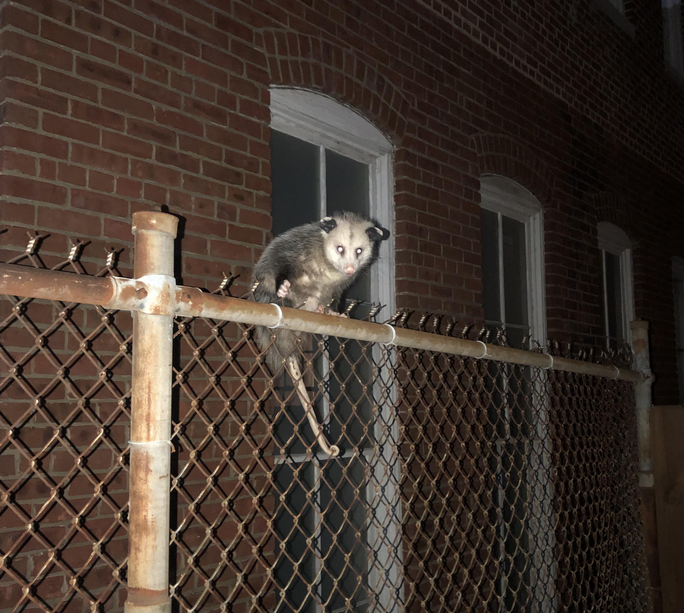EcoFest and an Alert Test
Cheers RVA!
Today will be partly cloudy, a bit windy with a high of 79 and a low of 62 in the evening.
the juice:
The James River Association is hosting it’s first ever EcoFest this Saturday at newly-opened Great Shiplock Park, from rvahub.
The event will include tree giveaways, a rain barrel workshop including a chance to win a free rain barrel, as well as the opportunity to learn about local flora and fauna at educational booths.
A free 1-hour paddle trip is available for those 16 and over. Spots are limited so sign up here.
Volunteer trash cleanup and family fun activities for all ages will take place as well.
The EcoFest is a celebration of the new James A. Buzzard River Education Center which opened this past July.
the pulp:
Cardinal Elementary School reopened yesterday after roof repairs were completed. A lightning strike and subsequent fire last Monday evening had caused classes to be cancelled for a week.
VCU will be testing their alert systems today at noon, including a 1-minute siren, via channel 12.
A second “Where Ya Bin” Amazon reseller will open near Chesterfield Towne Center, from Bizsense. The store sells overstock and returns at a discount, starting at $14 on Fridays and dropping to 25 cents by the following Thursday.
the dive:
Strong Towns published a recent article on cities “saying no” to bad projects, and the role Federal and State grants play in causing poor decisions despite the best of intentions.
Author Charles Marohn notes how cities are required to make long-term decisions like building bridges and infrastructure, yet often those in charge are not in power for the long-term.
City politicians and staff leaders alike experience routine attrition.
He asks:
If we believe that cities are run by good-faith actors, and if we acknowledge that these people are required to make long-term, multigenerational decisions, then what do we make of the seemingly endless instances where cities make decisions without considering their long-term financial consequences?
He shares an example of two projects in his hometown in Minnesota, where State Grants were given for long-term projects that eventually went over budget and were never completed.
I just finished rereading "Seeing Like a State" by James C. Scott, a book that explains how complexity is driven out by top-down systems pursuing their own ends (often, again, in good faith). That book reminded me that cities used to be complex, bottom-up places focused on urgent local demands. The postwar Suburban Experiment simplified things primarily in pursuit of economic growth — maximizing the next few months of federal GDP — despite its impact on the financial solvency of cities, let alone things like human flourishing and prosperity.
Read the full article here.
the vibe:
Here’s a photo of a local via Reddit.

Have a surprising day RVA!
Thanks for reading. Feel free to leave a comment. If you enjoy this newsletter, tell a friend to subscribe!